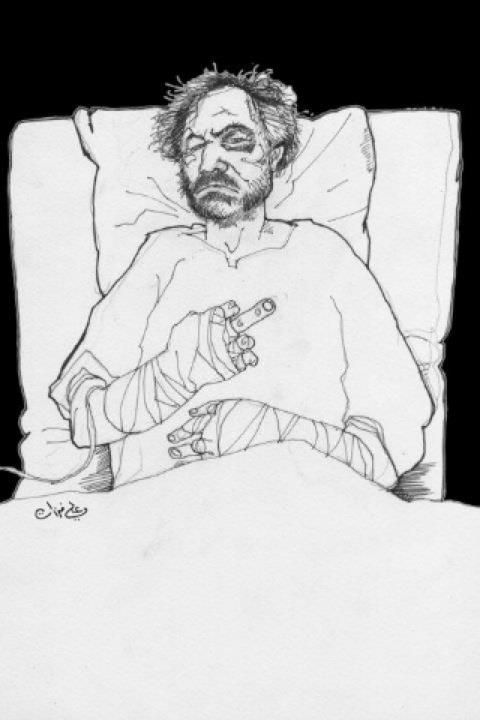A life sentence handed today to a Qatari poet has all the hallmarks of an outrageous betrayal of free speech, Amesty International has said. Mohammed al-Ajami, also known as Mohammed Ibn al-Dheeb, was tried on charges of incitement “to overthrow the ruling system”, and “insulting the Amir”.He was arrested in November 2011 following the publication of his “Jasmine Poem”, which broadly criticized governments across the Gulf region, saying “we are all Tunisia in the face of the repressive elite”.
“It is deplorable that Qatar, which likes to paint itself
internationally as a country that promotes freedom of expression, is
indulging in what appears to be such a flagrant abuse of that right,”
said Philip Luther, Amnesty International’s Middle East and North Africa Director.A copy of the verdict obtained by Amnesty
International makes no reference to the reasons for such a harsh
sentence, but the organization understands that the charges on which he
was convicted were based on the content of his poetry.
“All the information available points to Mohammed al-Ajami being a prisoner of conscience who has been placed behind bars solely for his words. Accordingly, he should be released immediately and his conviction quashed,” said Philip Luther.
The verdict has sent out shock waves among activists in Qatar and the Gulf region, who have told Amnesty International that the sentence feels like a threat to them all.
Qatar is the headquarters of media organization Al-Jazeera, which has won plaudits for its reports on uprisings throughout the region in the last two years. However, Qatar has strictly controlled press freedoms and freedom of expression with regard to criticism of its own government.
Observers were not allowed to enter the court, and al-Ajami himself was not present at the sentencing. He is expected to appeal.
 |
| Mohammed al-Ajami |
“All the information available points to Mohammed al-Ajami being a prisoner of conscience who has been placed behind bars solely for his words. Accordingly, he should be released immediately and his conviction quashed,” said Philip Luther.
The verdict has sent out shock waves among activists in Qatar and the Gulf region, who have told Amnesty International that the sentence feels like a threat to them all.
Qatar is the headquarters of media organization Al-Jazeera, which has won plaudits for its reports on uprisings throughout the region in the last two years. However, Qatar has strictly controlled press freedoms and freedom of expression with regard to criticism of its own government.
Observers were not allowed to enter the court, and al-Ajami himself was not present at the sentencing. He is expected to appeal.


.jpg)


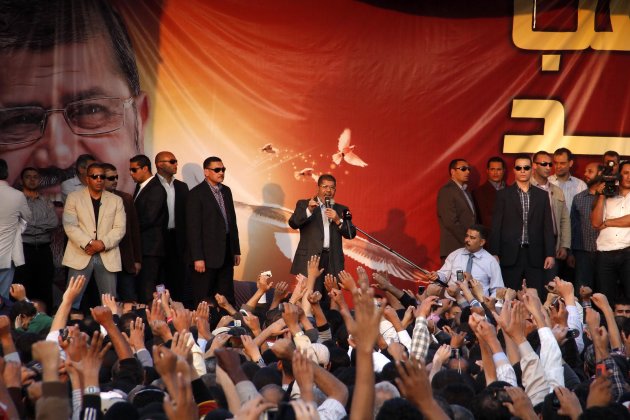

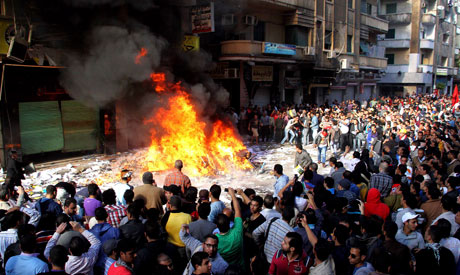
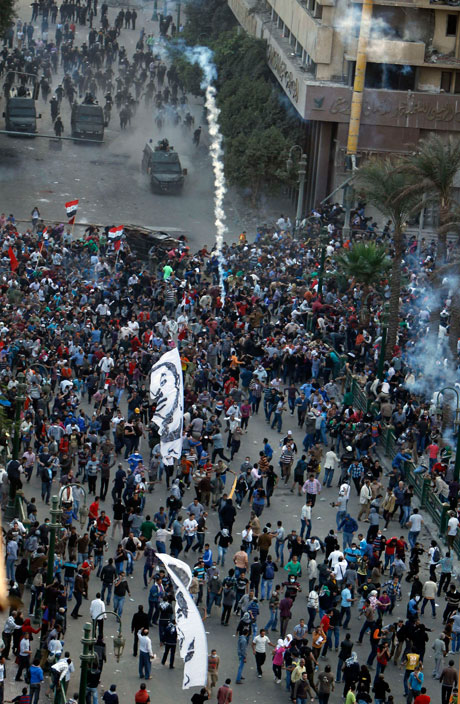
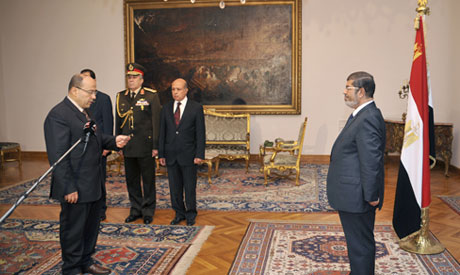
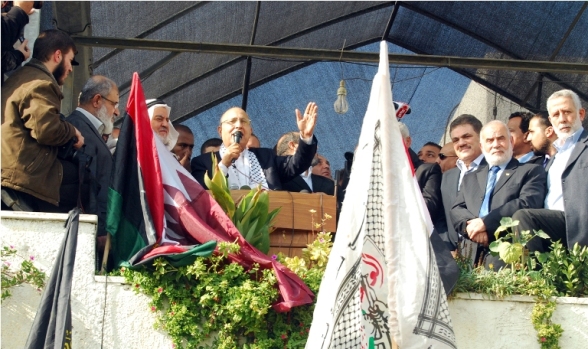
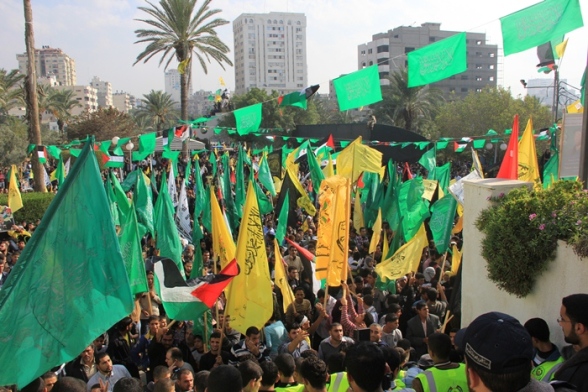


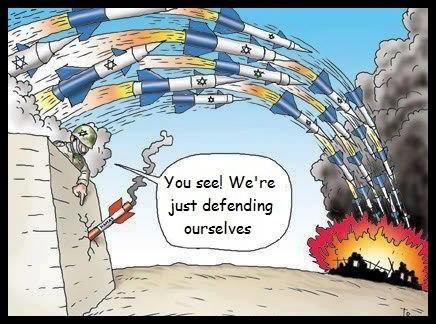

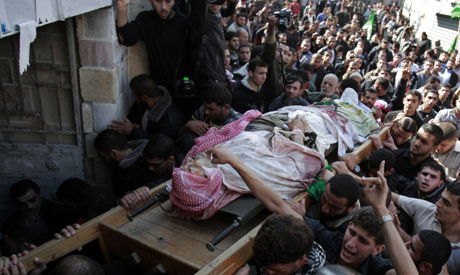

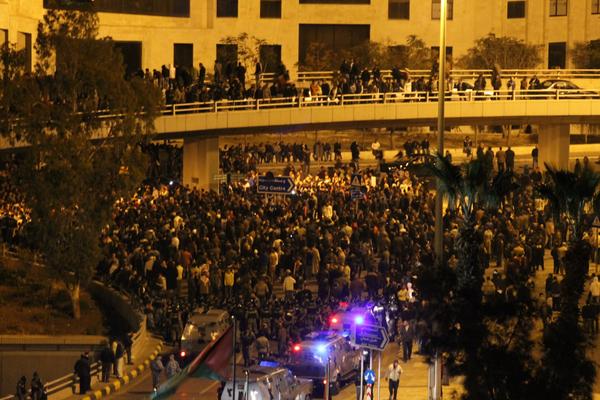 Roundabout in front of the ministry of the Interior in Amman.
Roundabout in front of the ministry of the Interior in Amman.




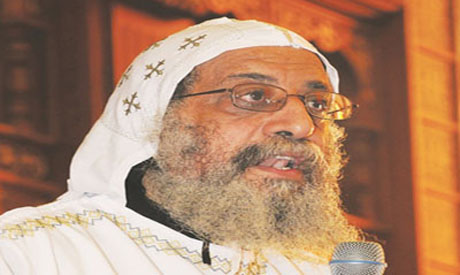 Following a mass at eight o'clock on Sunday in St Mark's Cathedral in Abbasiya, Cairo, acting pope Bishop Pachomios led a blindfolded altar
boy to the altar in order to take the name of the new pope from a box containing three names. The other finalists were Bishop Rafael, bishop of Central Cairo and Heliopolis, and the monk Father Rafael Ava Mina.
Following a mass at eight o'clock on Sunday in St Mark's Cathedral in Abbasiya, Cairo, acting pope Bishop Pachomios led a blindfolded altar
boy to the altar in order to take the name of the new pope from a box containing three names. The other finalists were Bishop Rafael, bishop of Central Cairo and Heliopolis, and the monk Father Rafael Ava Mina.
